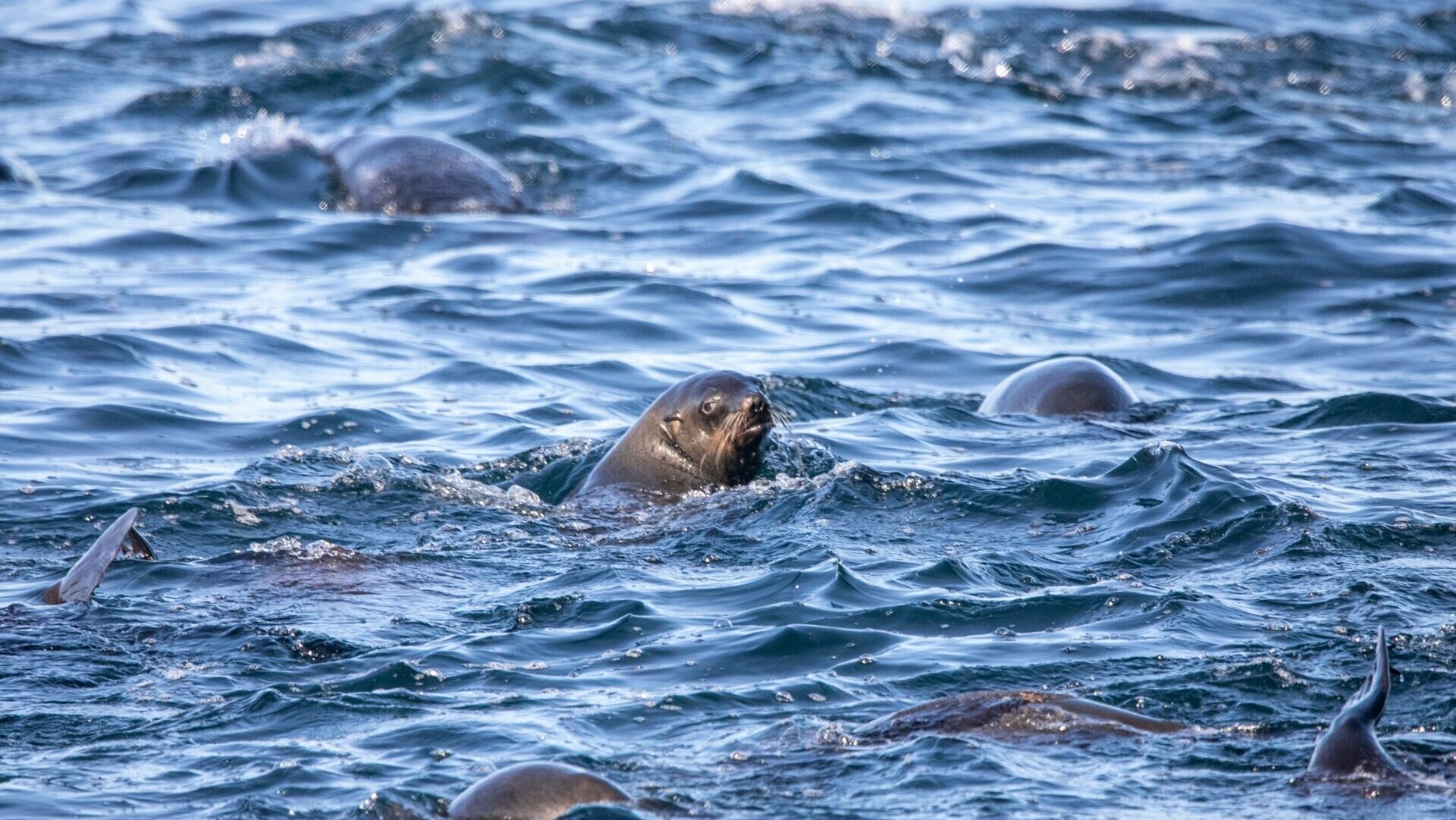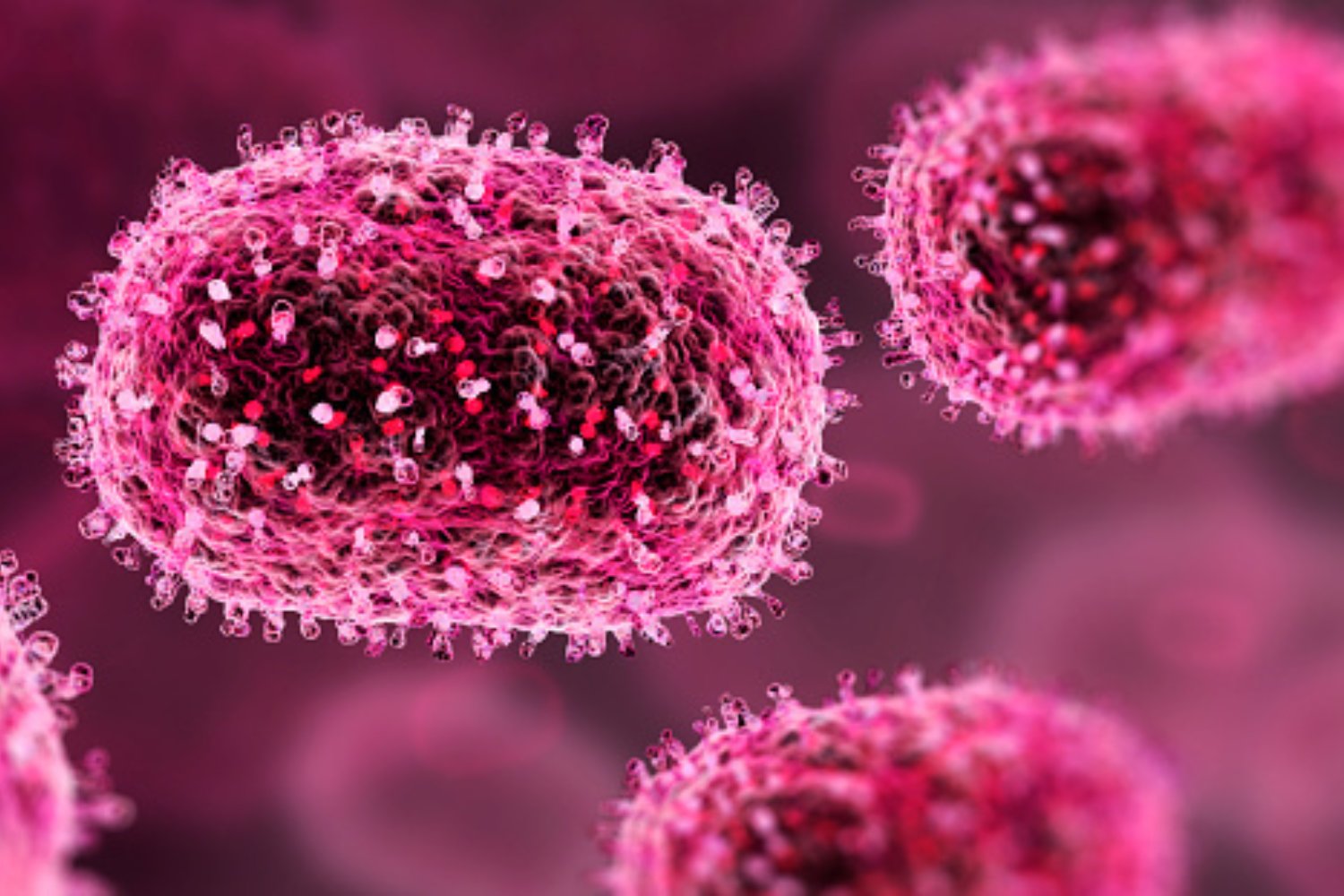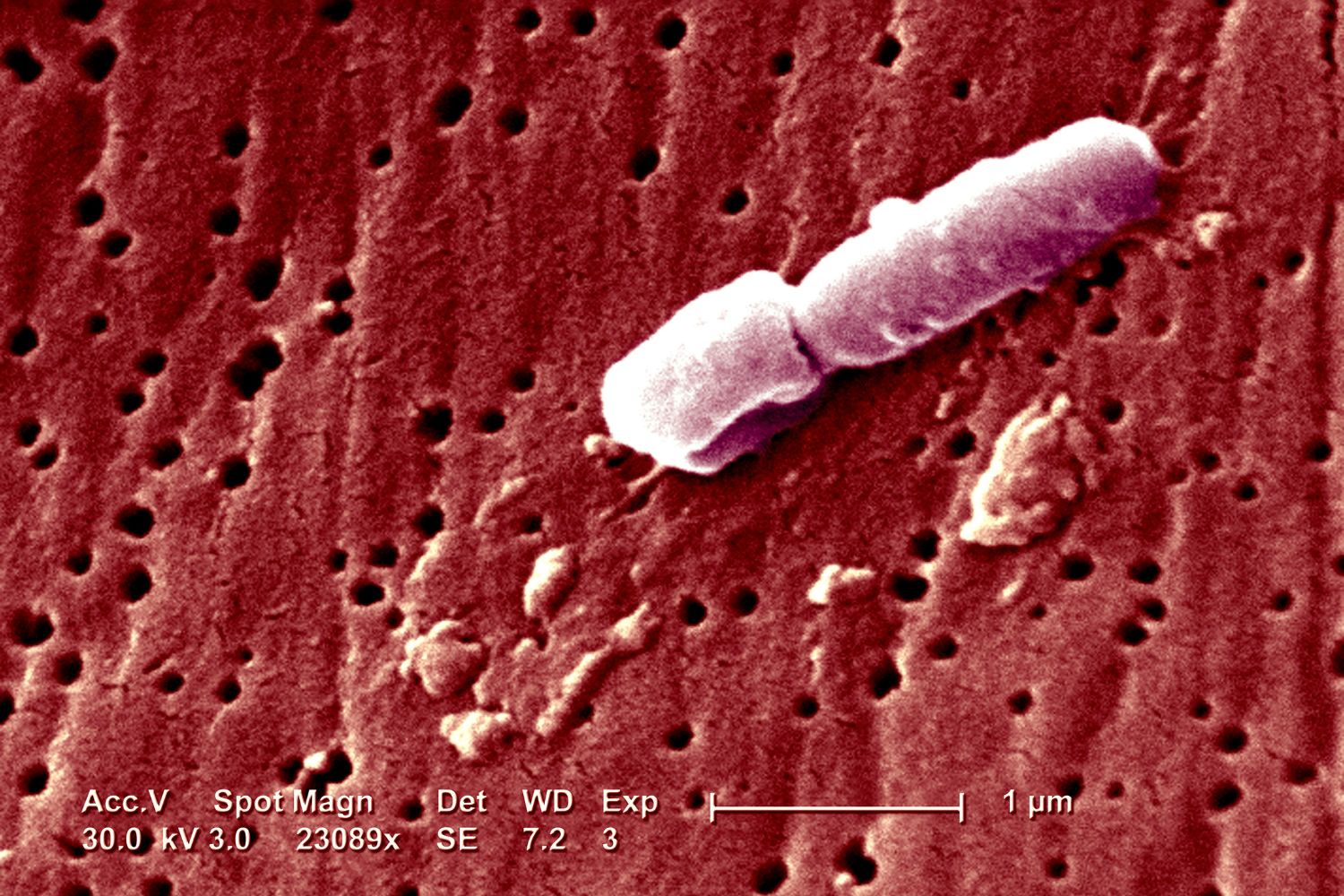Rabid seals are apparently now a problem we have to worry about. Scientists and officials are sounding the alarm after having found at least nine seals infected with the virus in the waters surrounding Cape Town, Africa. Though it’s possible that people in the area have been bitten by infected seals, no human cases have been traced back to these animals yet, and the overall risk of marine rabies to humans should be very low.
Cape Town officials announced in early June that they had detected a seal infected with rabies, following reports of unusual behavior among seals. The previous month, for instance, a seal aggressively bit several people, while another seal was found with nasty facial injuries that could have been caused by an animal. Four seals suspected of having rabies have recently been euthanized, with three testing positive for it. And water-loving residents in Cape Town have understandably been set on edge by the encounters.
“I was out surfing the other day, when this seal popped up in the lineup [of surfers] to sun itself,” Gregg Oelofse, head of coastal management for the Cape Town council, told The Guardian Thursday. “Usually, surfers would enjoy the interaction. But now everyone was paddling as fast as they could to get away.”
The arrival of these rabid seals may have happened earlier than this year, however, with officials noting that human seal attacks began to rise in the area around late 2021. So Oelofse and his team decided to look further back. They began working with local marine researchers and conservationists to retroactively examine the brains of seals that had been euthanized for other reasons. So far, they’ve detected nine total cases of seal rabies.
Any mammal is thought to be susceptible to rabies, but the only previously documented account of seal rabies dates back to 1980 in Norway, while rabies in other marine mammals is also considered very rare. So this could very well signal the first major outbreak of the viral disease seen among water-dwelling mammals. For the time being, though, the danger to humans looks to be low.
“We think quite a few people have been bitten by rabid seals, but luckily no human has got infected yet,” Oelofse said. “We don’t know why. Perhaps the transfer rate is low? Does salt water in their mouth reduce the viral load?”
Rabies is infamously almost 100% fatal in humans once symptoms appear, which can include aggression, disorientation, and an overwhelming fear of the water. But it can take weeks or longer for the infection to become plainly visible and post-exposure prophylaxis (a combination of the rabies vaccine and donated antibodies) can usually prevent illness. Vaccination programs in pets and livestock, along with improved animal control, have helped make human rabies much less common nowadays, though there are still many parts of the world where it remains endemic.
While humans might generally be safe from rabies on land or water, there is still a real worry that the virus could establish itself among seals or other marine mammal populations. So officials and scientists are continuing to study the issue, which will include analyzing the genetics of the virus found in infected animals to trace back where it originally came from. In the meantime, people are being asked to stay wary of any seal that seems to be off.
If a seal is behaving weirdly or aggressively, stay well away and report it to the authorities,” Oelofse said. “A relaxed seal is unlikely to pose a threat.”














